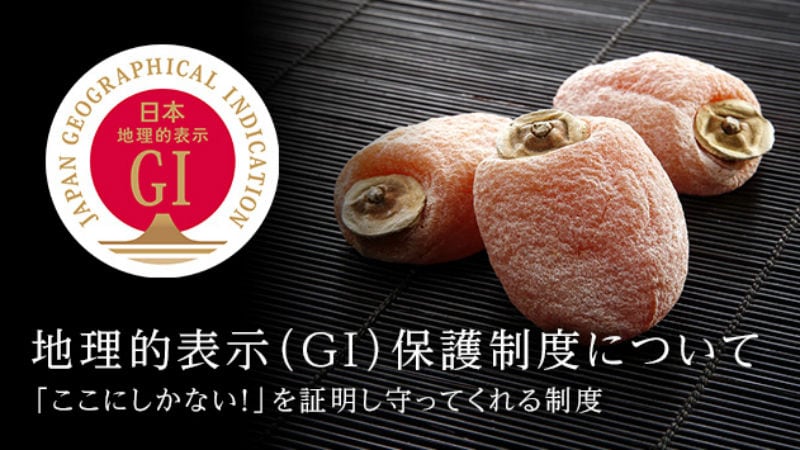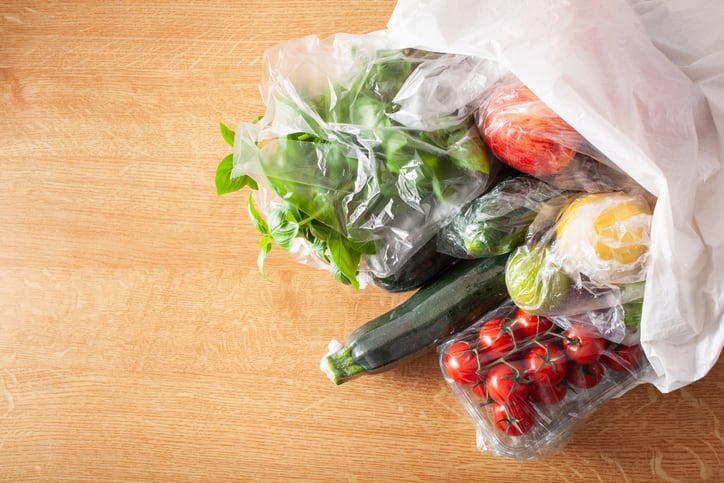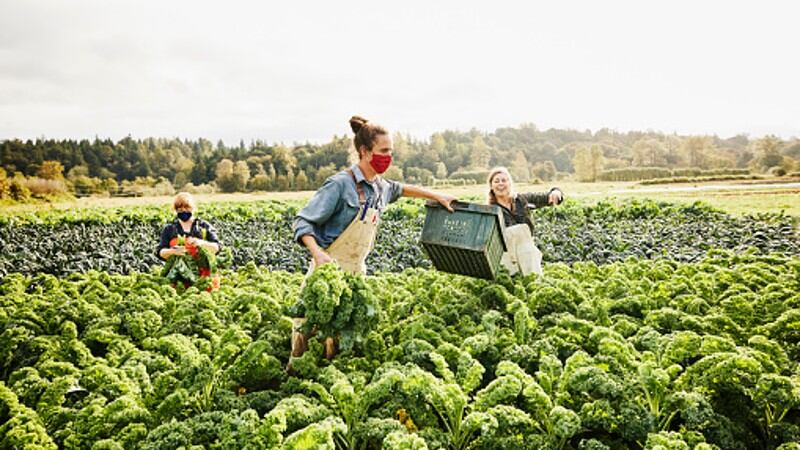Seltzer strategy: China’s ZEYA pivots to supermarkets, on-trade channels and rolls out new packaging
China’s first hard seltzer company, ZEYA, has turned the attention to supermarkets and on-trade channels, after pivoting from e-commerce which accounted for the majority of sales over the last few pandemic-stricken years.
The firm was founded in June 2020, and about 70% of sales came from ZEYA’s WeChat store. The hard seltzers are also sold on Tmall and Little Red Book. On e-commerce, the firm sells 80,000 to 100,000 gross merchandise volume (GMV) monthly.
This year, it anticipates modern and on-trade channels to take up majority of sales, and e-commerce to contribute 7 to 10% of total sales. Co-founder Eric Hoang told FoodNavigator-Asia alcohol e-commerce sales has not taken off as much in China as elsewhere.
“Over the last few years, China has handled COVID-19 pretty well, with little disruption to on-trade. So people are still going to bars, restaurants, whereas in a lot of other markets, there's been a need to shift to online, that's not so apparent here.
Processed foods including pickles linked to higher risk of eczema in adults – China study
The frequent consumption of processed foods leads to an increased risk for atopic dermatitis, according to a study conducted on adults living in China.
Atopic dermatitis (AD), widely known as eczema is a chronic inflammatory skin disease that affects 2 to 17% across adult populations worldwide.
The risk factors for adult AD are complex. Some studies have reported a Mediterranean diet and fermented milk products may offer protective factors for eczema, while others have suggested that a high intake of refined grains, red meat, cured food commonly referred to as a Western diet, may increase risk of AD and inflammation.
However, the effect of processed foods in Chinese diets on AD remains unclear, “the huge differences between Chinese and Western diets make the conclusions of previous studies impossible to be well generalised,” researchers wrote in Frontiers in Nutrition.
Fight back: How APAC’s alcohol sector is brewing success after COVID-19 hangover – Exclusive in-depth analysis
The alcohol sector in the Asia Pacific region was amongst the most heavily-hit by the COVID-19 pandemic due to the closure of many hospitality outlets, but insiders say the outlook is positive thanks to retail modernisation, product innovation and sustainability drives.
This is why in this edition of the FNA Deep Dive, we take a closer look at the state of the alcohol industry in 2022, the major trends driving its growth, and the challenges that still lie ahead.
Despite having encountered its share of troubles due to foodservice lockdowns and alcohol bans in various country across the region, the APAC alcoholic beverage market is still estimated to see growth of some 3.6% up until 2025 to hit a value of US$420bn.
Alcoholic beverage firms in the region are striving to drive this growth as much as possible by evolving product and packaging offerings according to post-COVID-19 consumer demands, for example in terms of product formats where ready-to-drink (RTD) alcoholic beverages are seeing a leap in demand in many markets.
The rise of in-house livestreamers? How nutra brands are reacting to China tax evasion scandal
Some nutrition brands are intending to come out with a team of in-house livestreaming influencers, following a high-profile tax evasion scandal featuring one of China’s leading livestreaming key opinion leader (KOL).
In December, Viya Huang – China’s “queen of livestreaming” was fined RMB$1.34bn (US$210m) for tax evasion. China’s State Taxation Administration announced that Viya, whose real name is Huang Wei, had evaded tax amounted to RMB$643m (US$100m) between 2019 and 2020.
Against the backdrop, there is now greater scrutiny placed on popular livestreaming KOLs, with some companies seeing the benefits of building its own team of in-house livestreaming talents.
“If you are a brand that has sufficient scale and you are running these livestreaming operations continuously, there is a point at which the cost for you to do an in-house livestreaming makes more sense than to continue outsourcing it,” Michael Norris, research manager at Shanghai-based consultancy AgencyChina told NutraIngredients-Asia.
No more confusion? Manufacturers of ‘solid beverages’ in China must change product labels from June 1
Manufacturers of ‘solid beverages’ will need to follow a set of new rules, such as changing their product labels, to prevent consumers from confusing them as health foods or infant formula, said the Chinese authorities.
In China, ‘solid beverages’ are defined as general foods prepared by processing raw food materials and food additives into powder, granules or lumps.
They are not the same as health foods or infant formulas, but there has been reports of consumers confusing it with infant formulas.
To avoid confusion among consumers, companies manufacturing ‘solid beverages’ will need to adhere to four new rules from June 1, China’s State Administration of Market Regulation (SAMR) announced.





